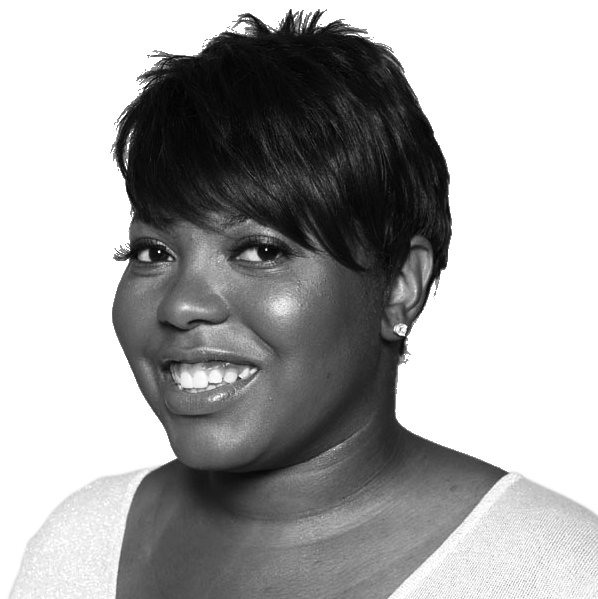The Hidden Retirement Crisis

Middle-class African Americans are more optimistic about the state of the U.S. economy—and more likely to be invested in the stock market—than ever before. But when it comes to investing for retirement, they still lag white Americans. According to Ariel Investments' 2015 Black Investor Survey, 67% of African Americans are invested in stocks or mutual funds, compared with 86% of whites.
Part of the reason for the nearly 20-point gap is that African Americans have different attitudes and challenges around saving for retirement. Here’s a look at some of those financial hurdles, along with expert advice on how to get over them.
A persistent wealth gap. The most recent federal data, from 2013, puts the difference in net worth between the typical black family and the typical white family at $131,000—a wealth gap that owes much to the racially charged economic policies of yesteryear.
Ivory Johnson, founder of Delancey Wealth Management, explains: “Historically, our neighborhoods weren’t subject to federally backed mortgages until the late 1960s, so our property values were lower. Black police officers in the state of Georgia couldn’t participate in the state pension fund until 1976, so they retired with much less. The wage disparity still persists, with black men making 75 cents on the dollar.”
To close the wealth gap, Johnson says, we must close the knowledge gap by having conversations about investing in the stock market, buying appreciating assets, using homeownership as a wealth creator, and starting businesses that create a legacy for families.
Leaving 401(k) money on the table. While African Americans have as much access to qualified employer-sponsored plans as their white counterparts, not everyone (of either race) takes advantage of the benefit: 74% of blacks currently contribute, vs. 85% of whites, according to the 2015-2016 African American Financial Experience study from Prudential. For those who contribute less than the employer match or not at all, the top reason, given by 43% of respondents, is feeling that their income isn’t high enough.
“Start where you are. If you have a company that’s offering a 401(k) plan, then contribute at least up to the matching company funds,” says Delvin Joyce, managing director of the South Florida Financial Group at Prudential Advisors. “That’s essentially free money and can accelerate retirement savings.”
With investing, diversification is key. Joyce suggests contributing up to the match, then placing additional discretionary income into a Roth IRA. “There are no upfront tax breaks on the Roth," Joyce explains, "but you don't have to pay income tax on the gains. You’ll have an additional bucket of money that’s not taxable.”
A knack for overspending. Wearing our assets on our backs shows the world that we've made it. But Joyce notes that clients who do well in retirement take a different approach to spending: “They have a good handle on their debt, they live well within their means, and they make sacrifices.”
The first step on the path to a secure retirement is to set a savings goal; studies show that people who commit to a financial plan save more than twice as much as those without a plan. For help getting started, try an online tool like My Retirement Plan, which provides a realistic savings goal tailored to you. Just pop in some info about yourself, your income, and your current retirement savings, and the tool will calculate how much you may need, recommend a monthly amount to save, and offer the necessary steps to get you there.
Read next: These Are the Best Retirement Calculators
A distrust for Wall Street. Back in the day, black folks at church viewed the stock market as no better than gambling. My ancestors kept their money where they felt it was safe—stuffed under the mattress, in their bosom, or in a mason jar in the back of the closet. Today, that distrust lingers among those who would rather get financial advice from a pastor than a professional money manager.
But that attitude isn't doing their finances any favors. “Find someone beyond your family and friends, because many of them may not know much about investing or have had success with it,” says Sharon Epperson, senior personal finance correspondent for CNBC. “Check out a professional adviser like you would your physician. See if you like them, trust them, and if they are can answer your questions competently.”
A good place to start is the Association of African American Financial Advisors or the National Associational of Professional Financial Advisors to find a professional who can help you with budgeting, college planning, and estate planning, Epperson says.
Log on to http://brokercheck.finra.org to check out a broker’s employment history, certifications, and licenses as well as violations, complaints, or regulatory actions. You can also check out advisers on the SEC website. Complete the search with a round of interviews. Here’s a list of questions to ask anyone you're thinking about trusting with your money.
Saving for retirement means putting the proper tools to work for you early on. Once you get beyond the budgeting basics, take advantage of the market’s wealth-building potential to help your money grow.
